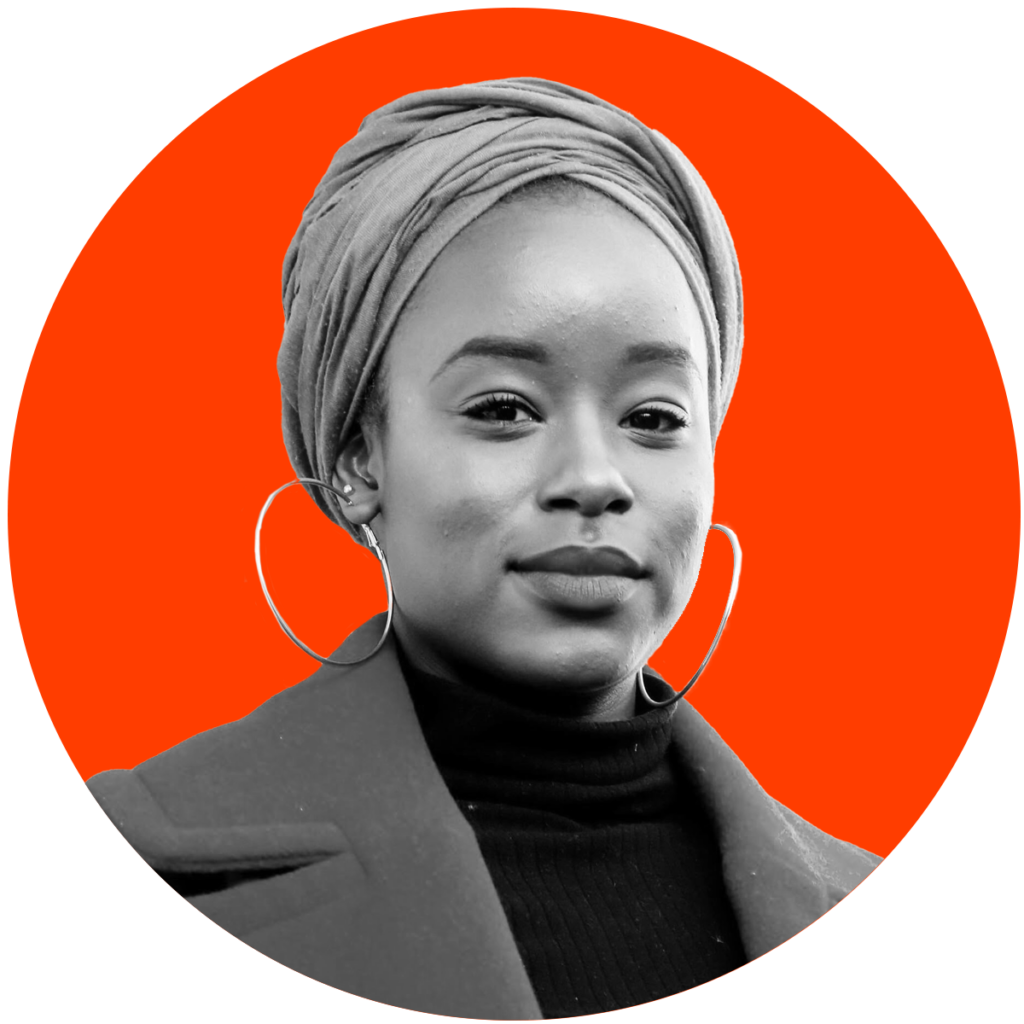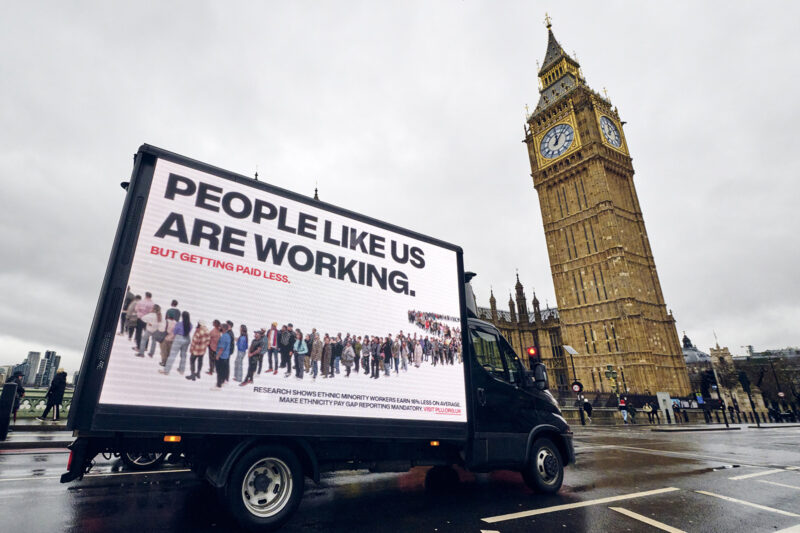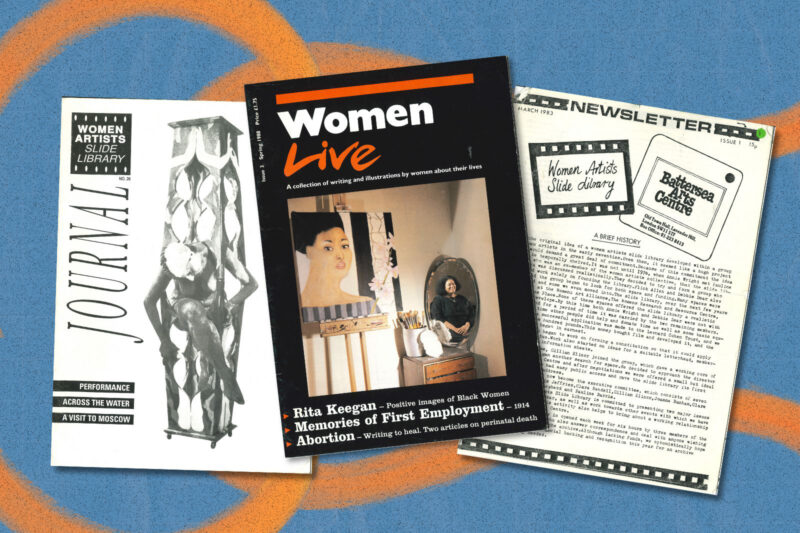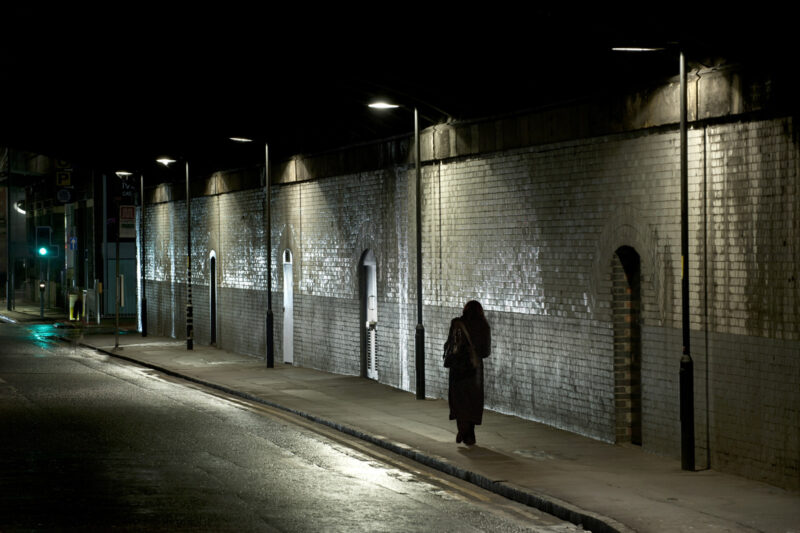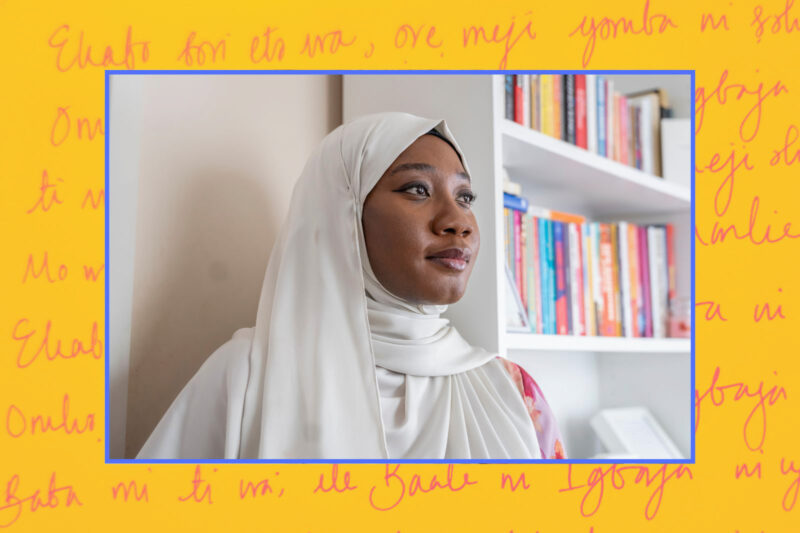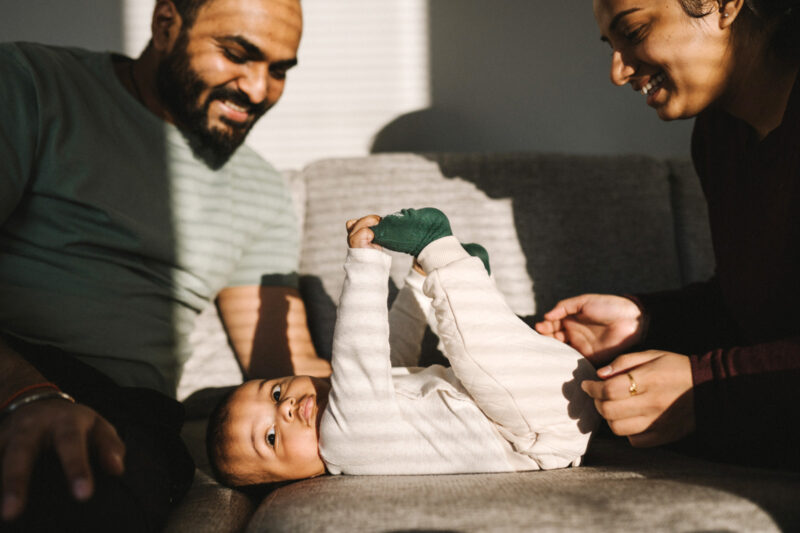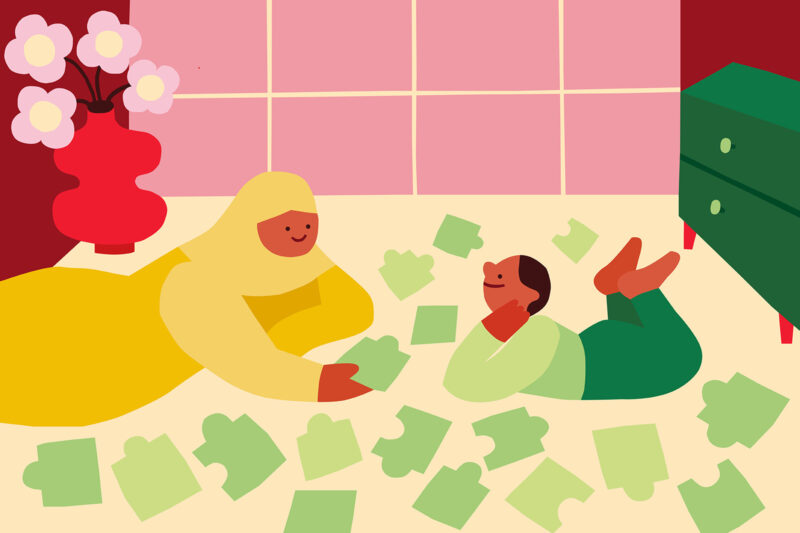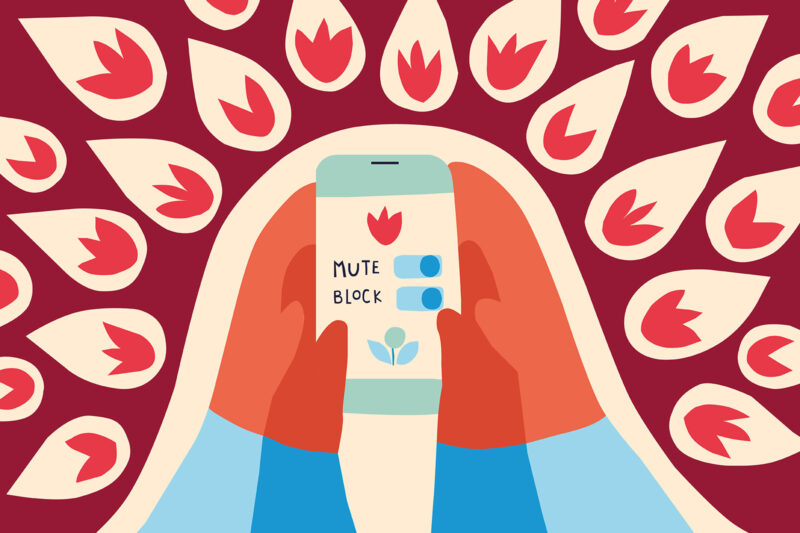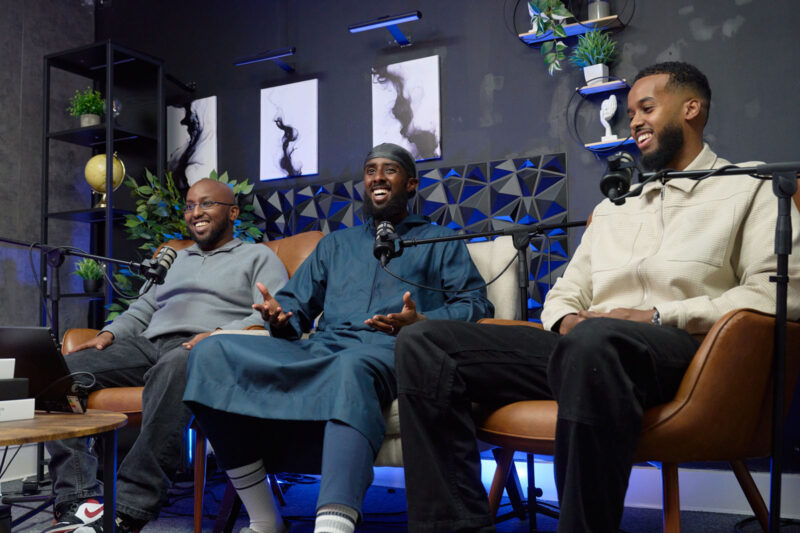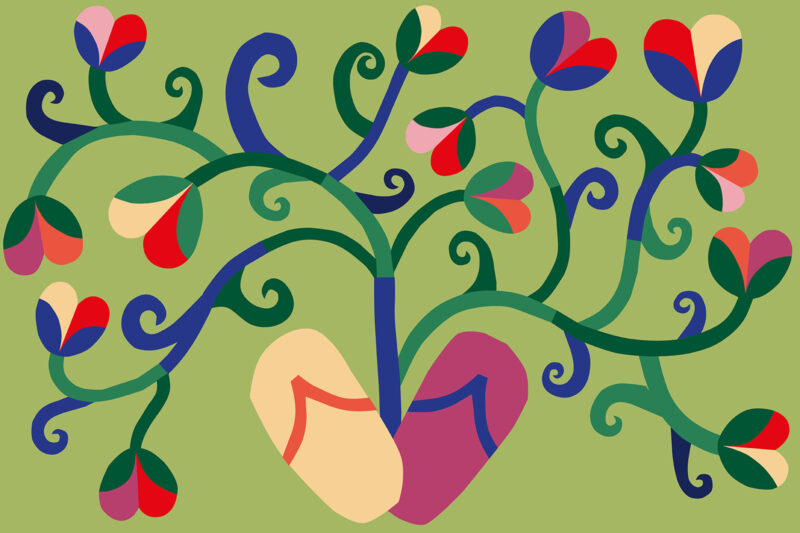‘How can you bring a child into the world when you feel like you haven’t started living yet?’
Family life is a cornerstone of Muslim communities, but some women have decided that motherhood is not for them

Growing up, the thought of becoming a mother filled Nabilah with dread. Although she had never felt any kind of maternal instinct, her Arab heritage and the religious and cultural expectations of others led her to believe that having children was something she was meant to do. As she began to meet prospective marriage partners, the subject of starting a family inevitably came up. At that point, she knew that motherhood was something she did not want to pursue.
For Nabilah, now 34, the decision to not have children was mostly influenced by her family upbringing. Raised in an emotionally abusive household, she feels that she lacks good parenting role models and does not want to risk bringing a child into the world when she is still healing from her own trauma.
“For most of my life, I’ve felt very restricted. Either decisions were made for me or I was manipulated into making certain life decisions,” she says. “I feel like I haven’t lived my life enough and bringing children into it would take away from that too. When you feel like you haven’t even started living yet, how can you bring somebody else into that?”
Nabilah is just one of a growing number of women worldwide who have decided not to have children. According to figures from the Office for National Statistics (ONS), for the first time ever in 2020 more than half of women — 51% — born in 1990 remained childless by their 30th birthday.
A 2020 YouGov poll found that more than a third of Britons never want to have children, with almost 40% of women surveyed saying they did not want to do so. One in eight adults aged between 18 and 24 said they did not plan to have children, while for those aged between 35 and 44 the proportion of child-free adults rose to just over half. The poll revealed that aside from age, the effect children could have on an individual’s lifestyle and the high cost of keeping a family were the top reasons to remain childless.
In recent years, many women have taken to social media to talk about their decision to remain child-free. On TikTok alone, videos featuring the hashtags #childfreebychoice and #childfreetiktok have gained 830 million and 500 million views respectively. Despite more women speaking out about their choices, however, the voices of child-free Muslim women often remain unheard.
While having children is not a religious obligation, Islamic teachings encourage having and raising a family and children are seen as one of the major goals of marriage. With such great emphasis placed on family life, the idea that some Muslims may not want children, particularly women, is a largely taboo subject.
‘I did a lot of research to try to understand the way I felt, and I learnt that God loves you unconditionally.’
It took Nabilah a long time before she finally opened up to her family about her decision. Her sister thought she would never find a partner who held the same viewpoint, while her brother initially thought her decision was selfish.
To overcome the years of guilt she felt, Nabilah sought Islam-based therapy. She has been married for two years now to her husband, who agrees with her.
While Nabilah found a husband who is on the same page, for some women, finding someone who feels the same way is a challenge. For Aisha, 26, the idea of marriage seemed impossible. During her last relationship, she expressed her desire not to have children early on, which her partner was initially on board with.
“He said the two of us would already be a family,” recalls Aisha. “I found it encouraging, thinking I had found a Muslim Nigerian like myself with the same opinion. But I think he thought it was just a phase I was going through and that, maybe, in the next five years maternal instinct would kick in.”
As their relationship progressed, Aisha’s partner would occasionally share posts with her online that made her question if he really shared her feelings on children. Eventually, they broke up, but Aisha remains hopeful that she will find a partner for whom having a family is not part of the plan.
Aisha first began to consider not having children while completing a course on the science of pregnancy during a master’s degree in clinical biochemistry. Reading about motherhood also made her examine the relationship between herself, her mother and her siblings, which solidified her decision.
“I’ve reached my child-rearing limit,” she says. “As a first-born daughter, I have three younger sisters, one of whom is autistic. For as long as I can remember, I’ve raised my siblings and, even now, as I navigate my own life, I have to be that constant presence for them. Picturing a life where I have to mother kids on top of that just feels tiring already.”
The responsibility that falls on an eldest daughter in an immigrant household is something 27-year-old Samira is also very familiar with. Growing up, she was responsible for a lot of household chores and duties. Out of frustration and a need for independence, she moved out of her family home earlier this year.
“Living independently and not having any responsibilities financially to anybody except myself has shown me that to raise a child as ethically as possible will be really tough,” she says.
Reading several books on motherhood and talking with other women has exposed the costly nature of raising a child, and the time it requires, further fuelling Samira’s uncertainty. As a queer Muslim woman, wary of traditional gender roles, she feels a certain obligation to be the “perfect story” for her North African parents but recognises that motherhood may just not be part of her own narrative arc.
“Being in a relationship with a woman releases a lot of the risks that I feel exist in a relationship with a man,” she says. “Maybe I can understand the idea of having a kid now because I feel a lot safer and feel like I could be a better mother. But every time I think of a solution, there’s another obstacle. Perhaps if I was out and me being queer was acceptable, I might have a baby with my partner.”
For most of the women I spoke to, reconciling their choices with their faith has been a difficult journey. Figuring out her emotions toward motherhood brought Nabilah closer to God. While she and her husband are firm in their decision not to have children, should she become pregnant one day, they would both accept it as God’s plan for them.
“I did a lot of research to try to understand the way I felt, and I learnt that God loves you unconditionally. That was the thing that changed everything for me and gave me a lot of relief about my choice. Realising God will love me, regardless, made me feel like I can be truthful with myself in my decision.”
Some names have been changed.
 Newsletter
Newsletter

